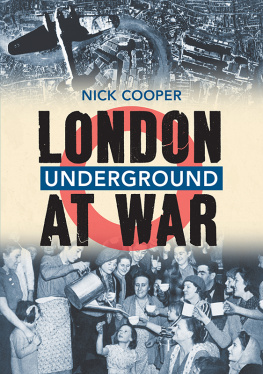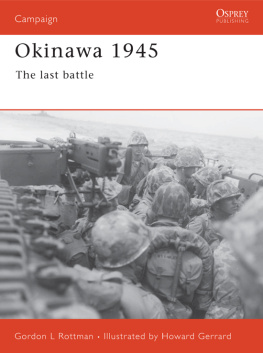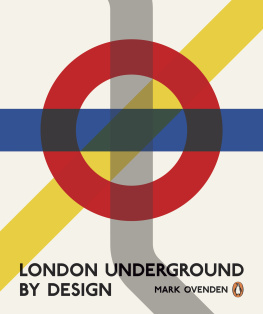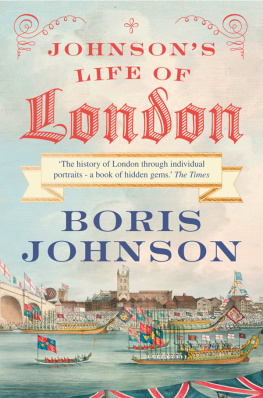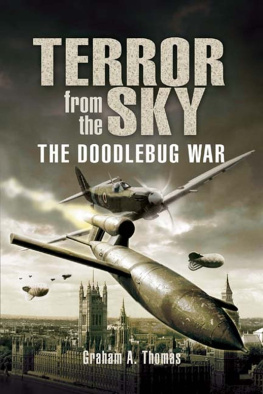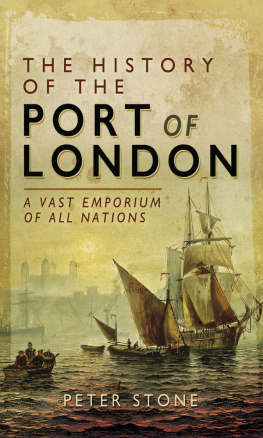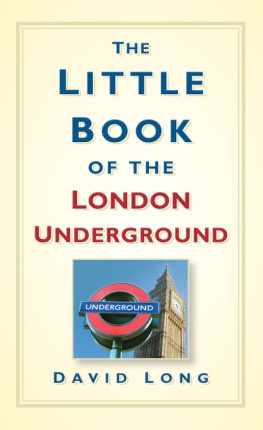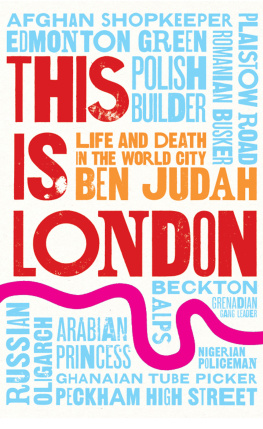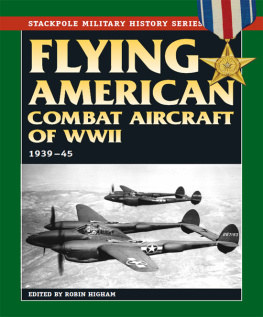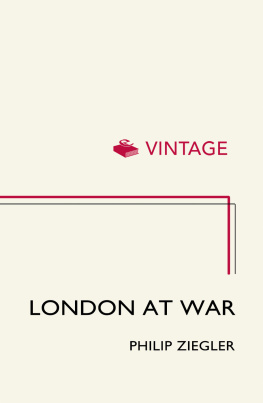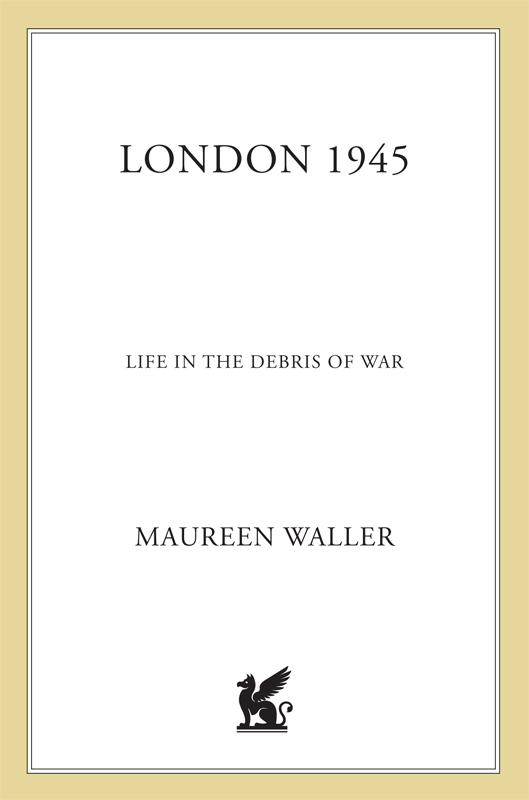
The author and publisher have provided this e-book to you for your personal use only. You may not make this e-book publicly available in any way. Copyright infringement is against the law. If you believe the copy of this e-book you are reading infringes on the authors copyright, please notify the publisher at: us.macmillanusa.com/piracy.
Contents
For Roland Philipps
Illustrations
Acknowledgements
Enormous thanks, as ever, go to my husband, Brian MacArthur, whose idea it was for me to venture into the twentieth century, for his endless patience, wisdom, humour and support.
I should like to thank Jonathan Lloyd, wonderful agent and dear friend, and Roland Philipps, inspiring publisher, for their unfailing enthusiasm, dedication and kindness. I thank Lizzie Dipple at John Murray for her sympathetic assistance and attention to detail and Morag Lyall, who has done a splendid job copy editing all three of my books.
I wish to thank Mr Noel Mander for kindly giving permission to use the drawing on the endpapers, which was executed by his friend, the late Cecil Brown.
I am grateful to Professor Peter Hennessy and Mr Tom Pocock for generously giving their valuable time to reading sections of the script and offering helpful suggestions.
The historian of London is extremely fortunate in the wealth of material at her disposal and I wish to thank the staff of the following libraries and institutions for their helpful service: The Imperial War Museum, the National Archives, the Guildhall Library, the British Library and the Newspaper Library, the London Metropolitan Archives, the Trustees of the Mass-Observation Archive, University of Sussex, the London Library, the BBC Written Archives Centre, The Times Archives, the British Film Institutes National Film and Television Archive, Camden Local Studies and Archives Centre, Hackney Archives, Kensington and Chelsea Local Studies Library, Southwark Local Studies Library, Tower Hamlets Local History Library and Archives, and Westminster Archives Centre.
Every effort has been made to trace copyright holders and I should like to thank all those who have kindly granted permission to use quoted material.
Maureen Waller
London, October 2003
Ministry of Home Security
Composition of Groups in Region No 5 London Region
GROUP 1
Chelsea
Fulham
Hammersmith
Kensington
Westminster
GROUP 2
Hampstead
Islington
Paddington
St Marylebone
St Pancras
Stoke Newington
GROUP 3
Bethnal Green
City
Finsbury
Hackney
Holborn
Poplar
Shoreditch
Stepney
GROUP 4
Bermondsey
Deptford
Greenwich
Lewisham
Woolwich
GROUP 5
Battersea
Camberwell
Lambeth
Southwark
Wandsworth
GROUP 6A
Cheshunt
East Barnet
Edmonton
Enfield
Hornsey
Southgate
Tottenham
Wood Green
GROUP 6B
Barnet RD
Barnet UD
Finchley
Friern Barnet
Hendon
Potters Bar
GROUP 6C
Acton
Bushey
Ealing
Harrow
Ruislip
Southall
Uxbridge
Wembley
Willesden
GROUP 6D
Brentford
Feltham
Hayes
Heston
Staines
Sunbury
Twickenham
Yiewsley
GROUP 7
Barking
Chigwell
Chingford
Dagenham
East Ham
Ilford
Leyton
Waltham Holy Cross
Walthamstow
Wanstead
West Ham
GROUP 8
Beckenham
Bexley
Bromley
Chislehurst
Crayford
Erith
Orpington
Penge
GROUP 9A
Barnes
Epsom & Ewell
Kingston
Malden & Coombe
Richmond
Surbiton
Wimbledon
Esher
Merton & Morden
GROUP 9B
Croydon
Beddington & Wallington
Mitcham
Sutton & Cheam
Banstead
Carlshalton
Coulsdon & Purley
(TNA/HO 198)
LONDON REGION
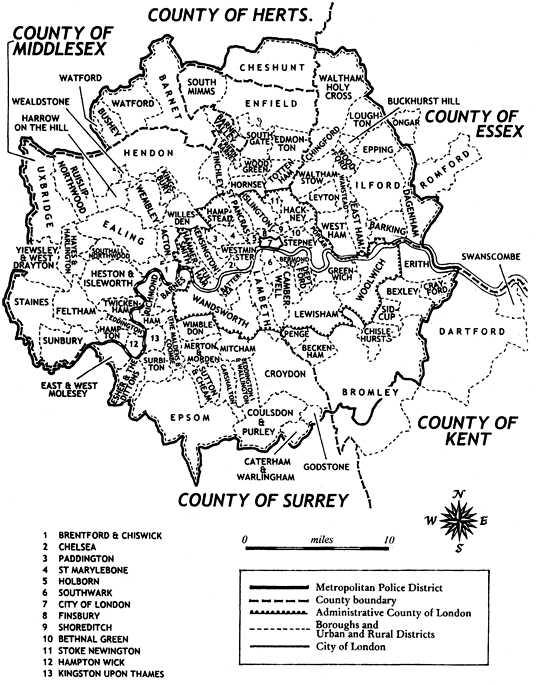
Prelude
Through the long war, from beginning to end, London has been the wedge thats kept the door of freedom open
Macdonald Hastings
A visitor to London towards the end of 1944 would not be seeing the city and its people at their best. The first impression was one of grimy, grey drabness. Buildings black with soot cried out for a lick of paint. Boarded-up windows presented a blank face to the world. Mean terraces, with now and then a gap, fizzled out in piles of rubble. Acres of bomb sites and bricks, bricks meticulously counted and piled up: so many bricks in a devastated landscape. After five years of war, the people looked tired and worn. There they were in their shabby clothes, queuing for buses, or walking purposefully along, not bothering to give the bomb sites a glance. Women holding string bags stood patiently in long lines outside shops, resignation on their faces. If he closed his eyes the visitor became more conscious of the all-pervasive smell. It was of coal smoke in the damp chill, but something else too. Dust! Dust so acrid you could taste it in the mouth.
London was no longer filled with the buzz and excitement of thousands of Allied and foreign servicemen, as it had been in the build-up to D-Day, but there were still plenty of troops on leave. The white helmets of the American military police, known as the Snowdrops, could be spotted everywhere, keeping an eye on any of their men propping up walls or slouching along, the worse for drink. Wherever the GIs were, the good-time girls were never far away. In Piccadilly Eros was no longer the centre of attention: the god of love had been evacuated with thousands of Londoners mothers and children, the old and the sick. In his place stood a gigantic ugly box covering the empty plinth, a billboard urging people to buy Savings Certificates firmly plastered to its side. The crowd was drawn there all the same.
Just a few steps away on Shaftesbury Avenue stood Rainbow Corner, the most famous of the American Red Cross Clubs in town, where the American visitor would find his home from home. Groups of GIs would mass on the pavement outside, deciding how to spend their time: a dive straight into the flesh market in Piccadilly Circus, or a pub crawl, to get drunk on the warm, weak beer? Those in the know might nip round the corner to the back bar of the Caf Royal, where whiskey from neutral Ireland was in plentiful supply. Otherwise, spirits were hard to come by. Or perhaps a trip to the famous Windmill Theatre, whose proud boast was that it never closed. Never clothed, more like. Here pretty girls in chorus lines were still indefatigably kicking their legs and nudes stood stock still, impassively ignoring the ear-splitting bangs and vibration of falling doodlebugs and rockets.
Step into the hall of Rainbow Corner and the visitor was instantly reminded why he was here at all, part of the friendly occupation force passing through London. An arrow, pointing vaguely east towards Leicester Square, bore the inscription: Berlin 600 miles. Another, pointing in the direction of Regent Street, said: New York 3,271 miles. There was everything here for his comfort. The voice of Bing Crosby blended with the clinking of Coca-Cola bottles, and over all there was a haze of smoke from copious supplies of American cigarettes. A thousand couples could jitterbug in the dance-hall. There were billiards, table tennis and pin-tables. There was a shoe-shine parlour, a letter-writing service and a juke box. One large comfortable lounge held a piano and plenty of armchairs, the other a big selection of classical records and a radiogram. There was a hobbies room, regular cabarets, weekly boxing shows and nightly free cinema. The GIs even had their own newspaper, the Stars and Stripes, packed with action from the battle zone, sports features and news from the States. Although it was printed on the presses of The Times at Blackfriars, there was little mention in the Stars and Stripes of the host city, London.


